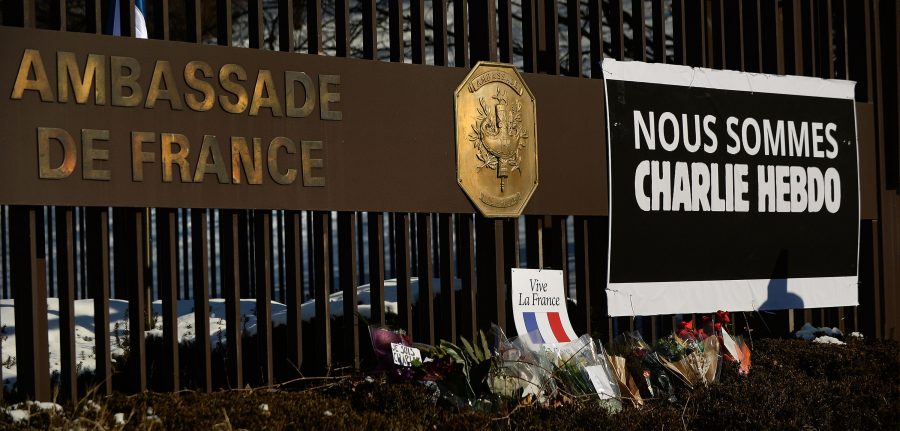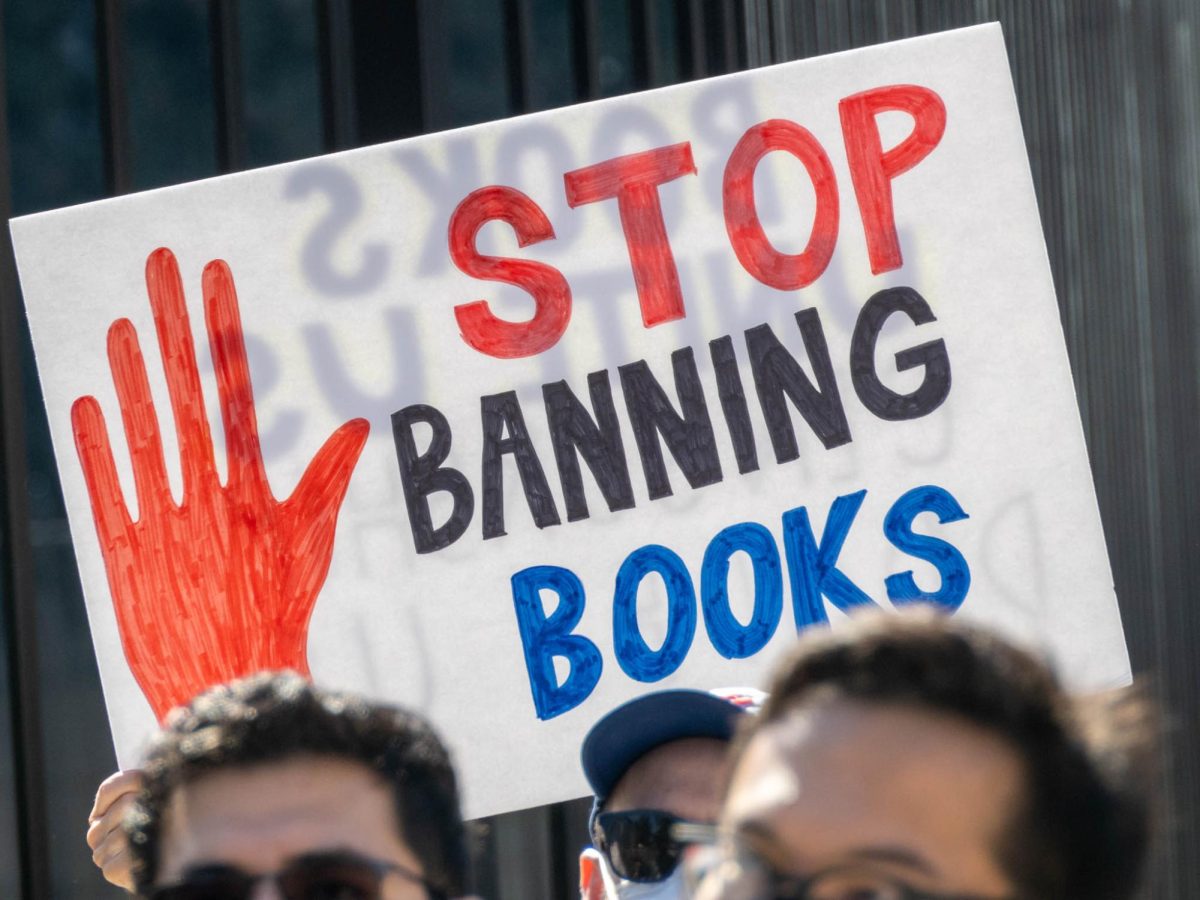
By IONA BATCHELDER
Charlie Hebdo
On January 7, two masked gunmen forced their ways into the offices of French satire magazine
BBCand opened fire. According to
, they killed twelve people and injured eleven, with four of those injured being seriously wounded. The gunmen were reported to have been shouting “Allahu Akbar” (God is great, in Arabic) and fired nearly fifty rounds into the offices. The Muslim gunmen were angry at cartoons the magazine had published that caricatured the prophet Mohammed.
Charlie HebdoNY Timeshas a history of offending people. According to the
, it has been sued 14 times by the Roman Catholic Church in recent years. In 2006, it made the decision to republish the twelve Danish cartoons of Mohammed, leading to an unsuccessful lawsuit against the magazine by two French Muslim organizations, and in 2011, its offices were firebombed after the magazine announced a special issue of the magazine guest-edited by the prophet Mohammed.
Charlie HebdoCharlie Hebdonever claimed to be anything more than a satirical magazine whose sole purpose was to mock and deride everything. Despite all the uproar its content caused, and even after its offices were destroyed,
correctly professed its right to freedom of speech. And it was completely right. As Fleming Rose, the editor of a Danish magazine that printed the aforementioned twelve cartoons, said, “If a believer demands that I, as a nonbeliever, observe his taboos in the public domain, he is not asking for my respect, but for my submission. And that is incompatible with a secular democracy.”
Charlie HebdoThis attack on the magazine was not just a blow to the French people or even the magazine specifically: it was an attack on the principle of freedom of speech. No matter how offended you personally were by these cartoons,
had every right to publish them. If it offended you, you could simply choose not to buy or read the magazine.
Charlie Hebdo“We treat the news like journalists. Some use cameras, some use computers. For us, it’s a paper and pencil,” a
The Associated Presscartoonist who goes by the name Luz told
in 2012. “A pencil is not a weapon. It’s just a means of expression.” Luz survived the attacks, but five cartoonists, including the chief editor of the magazine, did not.
Charlie HebdoAlmost immediately after details of the attack were known, people from all over the world showed their solidarity with the hashtag #jesuischarlie (French for I am Charlie). At the Golden Globe Awards this past Sunday, many actors either on the red carpet or in their speeches mentioned the attacks in France and emphasized again that freedom of speech (or as some actors called it, the freedom of expression) is a universal right. On that same day, thousands, including German Chancellor Angela Merkel, Israeli Prime Minister Benjamin Netanyahu and French President Francois Hollande, marched in France in light of the attack. What resulted was the largest public gathering in French history and a clear message to the cowards who attacked
: next time, they have the world to answer to.
The people of the world have virtually nothing in common – they are made up of different ethnicities, races, religions, genders and more – but these horrific attacks proved that the people will always stand together in support of the freedom of speech, a universal right that too often nowadays needs to be publicly backed up.
New York TimesFor journalists, freedom of speech is the very basis of their profession. Freedom of speech is inherently linked to freedom of the press. Journalists show what’s going on in the world and serve as catalysts for the sharing of opinions, no matter how unpopular they are. Whether the organization is the
Onion, the
Sword & Shieldor even our very own
, journalists should not have to censor their opinions.














